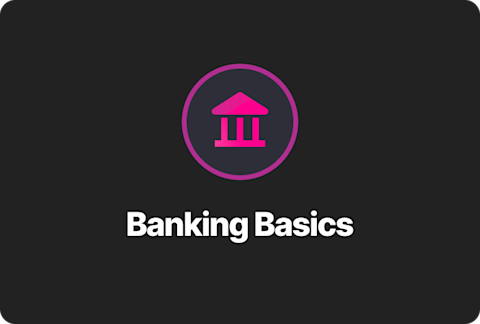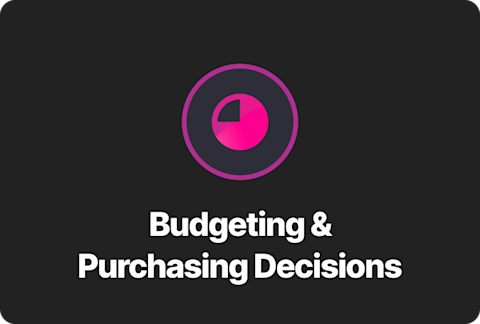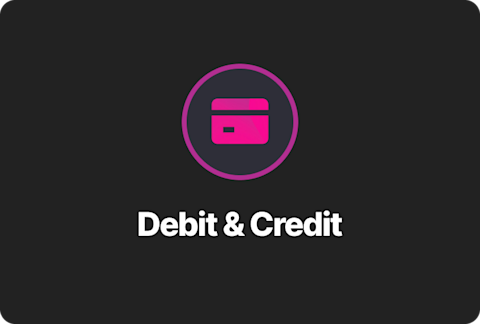Credit vs. Debit: Which Is Better for Your Everyday Spending?

Choosing between credit and debit can be confusing. Both have their benefits, but understanding when and why to use each can make a major difference in managing your money and improving your financial habits. This guide explores how to control your spending, build financial wellness, and achieve your financial goals with smart money management.
How Do Credit and Debit Cards Work?
Before deciding which option fits your monthly budget and financial strategy, it’s essential to understand how they function:
Debit Cards: When you use a debit card, the money comes directly from your checking account. This makes it easier to control expenses and avoid overspending. Debit cards don’t have interest charges or borrowing fees, but tracking transactions can be challenging without proper tools.
Credit Cards: A credit card lets you borrow money from your provider, which can help with large purchases. However, high credit limits can lead to overspending if you’re not disciplined. Paying your balance in full each month is crucial to avoid interest fees, which can add up quickly.
Step Black (Secured Credit Card): Step Black combines the best of both worlds. You can spend only what you deposit, preventing debt while still earning rewards and building credit. Step Black is a practical choice for financial literacy and discipline, offering benefits like cashback rewards without the risks of traditional credit cards.
Pros and Cons: Credit
Pros:
1. Rewards and Perks: Credit cards often offer rewards programs like cashback or travel points. Step Black, for example, gives up to 8% cashback with partners and 3% on dining, turning everyday transactions into savings. 2. Build Credit History: Responsible credit card use improves your credit score, which is key for future financial planning, like qualifying for loans or mortgages. 3. Purchase Protection: Credit cards provide protection for large transactions and help manage unexpected costs.
Cons:
1. Risk of Debt: Without careful management, credit card interest and fees can lead to unmanageable debt. 2. Overspending Temptation: Credit cards offer flexibility, but this can result in exceeding your budget. 3. Complex Fee Structures: Annual fees, foreign transaction fees, and other costs can reduce the value of rewards.
Pros and Cons: Debit
Pros:
1. Budget-Friendly: Debit cards limit spending to your checking account balance, helping you stay on budget. 2. No Interest or Fees: Debit cards avoid charges like late fees or high-interest rates. 3. Easy Tracking: Transactions are directly linked to your bank account, simplifying financial tracking.
Cons:
1. Fewer Rewards: Debit cards rarely offer perks like cashback or discounts. 2. Limited Fraud Protection: Unauthorized transactions can be harder to recover compared to credit cards. 3. Restricted Spending Power: Spending is limited to your account balance, which can be inconvenient in emergencies.
Why Step Black Stands Out
Step Black combines the best features of credit and debit, offering a unique solution for managing your finances:
1. Earn Rewards: Up to 8% cashback with select partners, 3% on dining, 2% on subscriptions, and 1% on everything else—turning everyday spending into savings. 2. No Risk of Debt: You can only spend what you deposit, ensuring you stay in control of your money. 3. Build Credit Responsibly: Every transaction helps build your credit score, a vital tool for achieving future financial goals. 4. No Hidden Fees: Enjoy Step Black without worrying about interest rates, late fees, or annual charges. 5. Simple Budgeting: Easily track spending through the app for better control over your finances.
Conclusion
Step Black helps you manage your money smarter, save more, and achieve financial wellness—all while avoiding the pitfalls of traditional credit cards.
Want to take your spending to the next level? Check out Step Black to learn how you can earn rewards and build credit without going into debt!
Looking to learn more about managing your money? Visit Step Education for tips and resources to help you achieve your financial goals.









